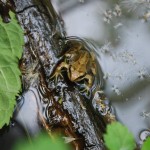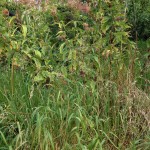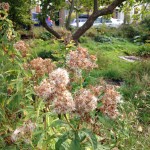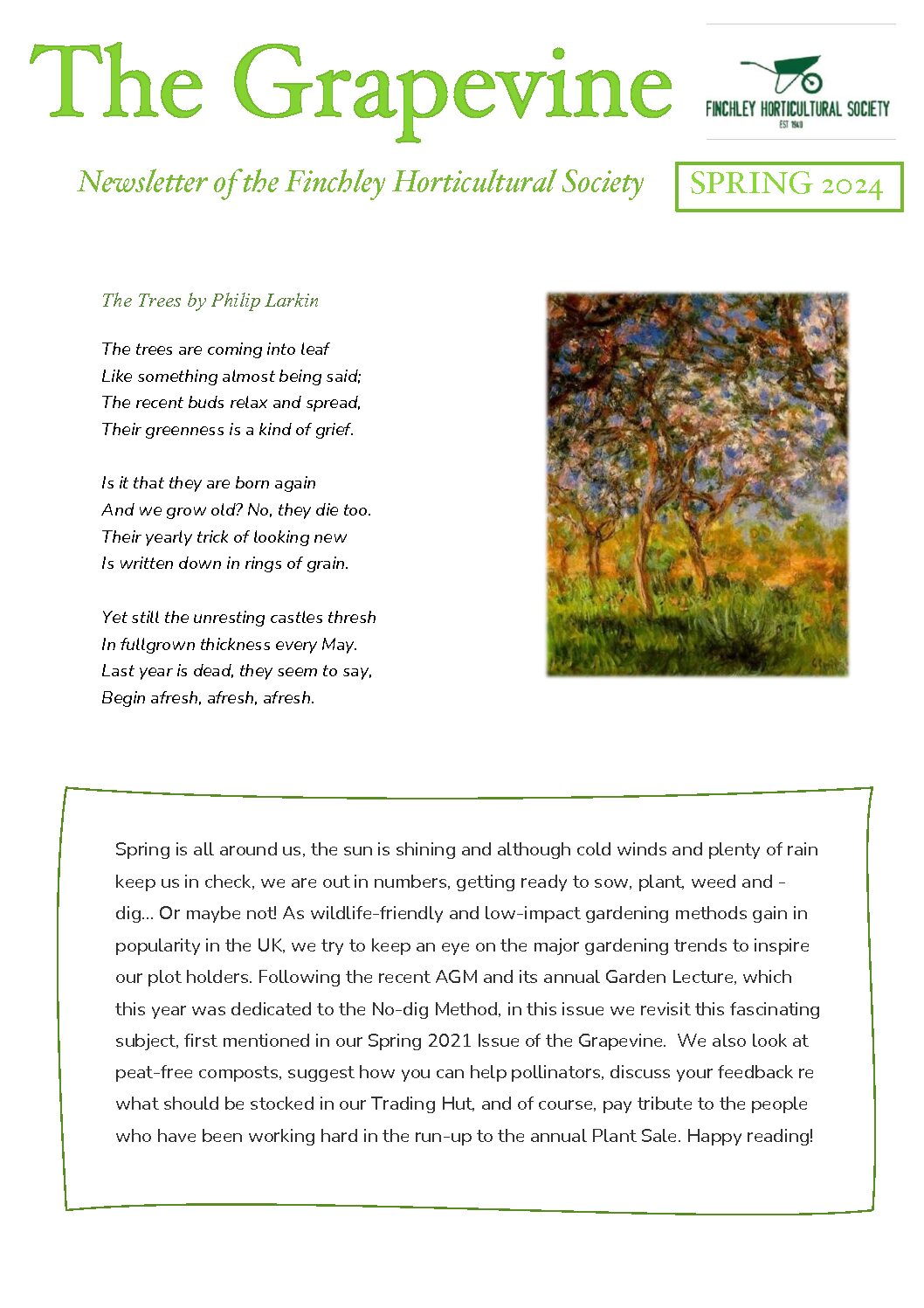Wildlife Plot
Gordon Road Wildlife Plot Autumn Update
- One of our very own froglets
- The remains of a small mammal
In late August we welcomed a group of Barnet Challenge volunteers to work with us on the allotment. Five helped on the wildlife plot picking up fallen apples, moving the compost heap and cutting back the section where we plan to build the new pond. We have identified several invasive weed species and the team worked hard chopping out horseradish and the invasive Crown Vetch while cutting back brambles, nettles and eupatorium (‘Joe Pye Weed’ – see photo). The teenagers worked with infectious enthusiasm through an extremely hot day. As they worked our emerging froglets and the usual spiders, woodlice, maggots, slugs and snails were greeted with happy horror. At the end of the day we were able to give the group a healthy amount of allotment produce that they took with them to Hendon Park the next day where they had a stall promoting the benefits of gardening and growing your own. As a result of the group’s fund raising we have received a generous donation which will be put towards the pond development project.
- Autumn on the Wildlife plot
- Joe Pye Weed
We have also had a second visit (mid October) from Sam Ho who is continuing to monitor amphibian and reptile activity on our allotment. On lifting one of the refugia plates on the wildlife plot Sam identified the remains of a small animal and evidence of nesting material. If you look very closely at the middle of the photograph you will see some tiny bones. Our first thought was rats but Sam examined the chew marks on the straw. They had been chewed through at 45 degrees which Sam says is consistent with the action of other small mammals. There was no evidence of burrowing or dens as is often seen with rats. We will be monitoring the space for more evidence.
Our priorities for Autumn on the plot are to weaken the most thuggish weeds, keep the grass down and to start work on a larger pond. We have yet to find a slow worm on the wildlife plot although several have been seen elsewhere on the site. They enjoy a sunny spot and can often be found in warm compost heaps and under black plastic sheeting. If you see slow worms or stag beetles please let us know at finchleyhorticulturalsociety@gmail.com. We would love to see photos too.





